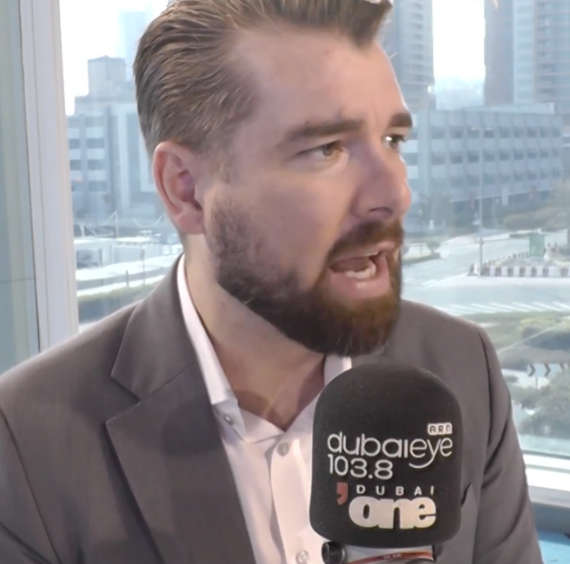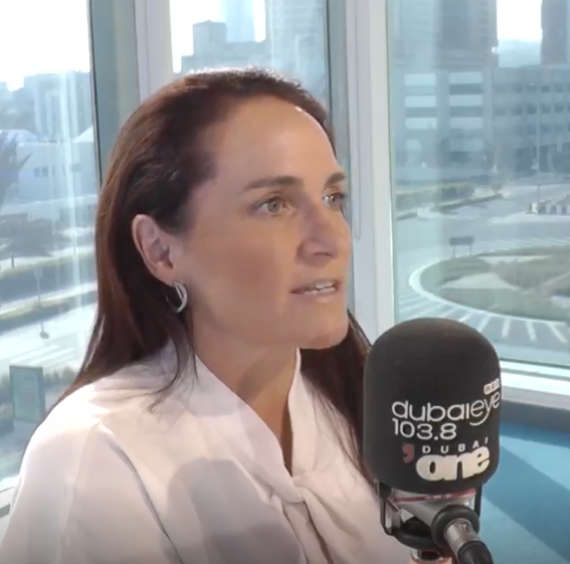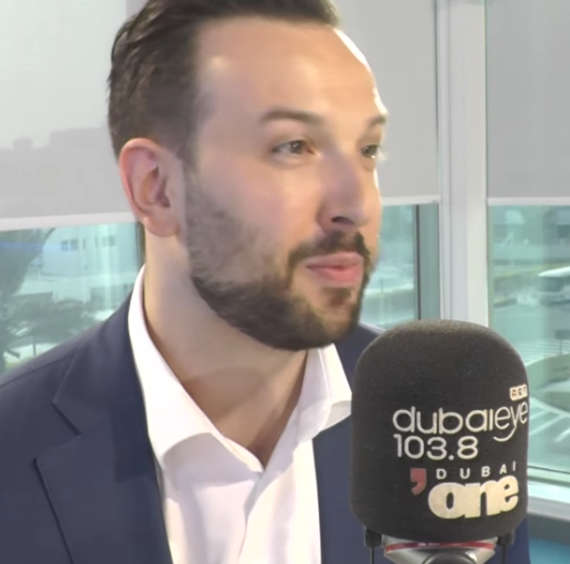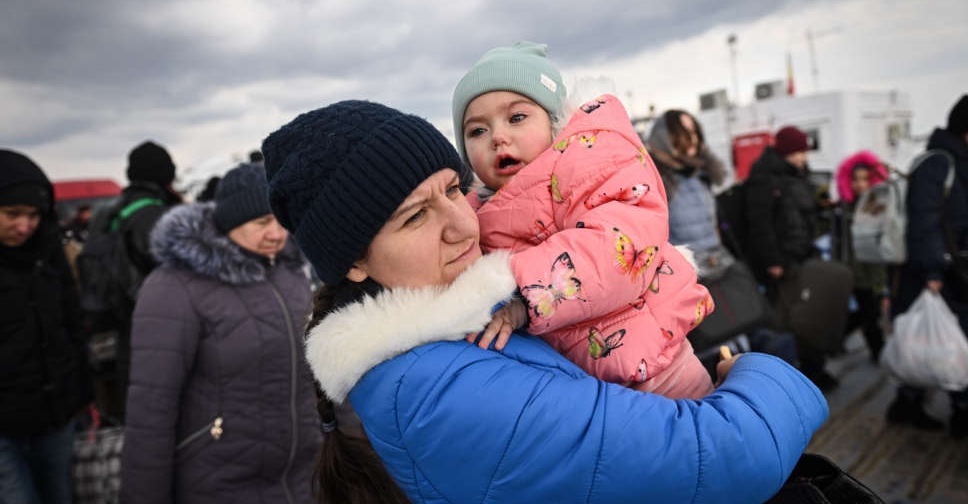
Thousands more Ukrainian refugees fled to central and eastern Europe on Wednesday, many with no contacts and nowhere to go, as host countries scrambled to accommodate them.
Since Russia invaded Ukraine on February 24, the number of refugees has now probably reached 2.1-2.2 million, the head of the UN Refugee Agency (UNHCR), Filippo Grandi, said.
Most are women and children, as men stay home to fight.
So far, most refugees have gone to relatives, friends or contacts in the Ukrainian diaspora rather than to reception centres being set up by authorities, Grandi said.
"This is the best way for them to feel welcomed, to feel in a familiar environment and also have less burden on public services, frankly, which is very important for these countries," he said.
But this was likely to change as more refugees arrive and more will need to stay in reception centres, Grandi said, adding: "We need to be realistic and we need to plan for that."
Some signs of that trend are appearing at Przemysl, a town near Poland's busiest border crossing that has become a transit hub for refugees.
"At the start, about 90-95 per cent were people who had a place to go, now there are many more people looking for a place to go and where someone will take care of them," Mayor Wojciech Bakun told reporters, speaking in front of the train station where refugees arrive from Ukraine. "They don't have friends or relatives."
GIVING BLOOD
Efforts to help Ukrainians continued across central and eastern Europe.
In Romania, authorities in Bucharest opened two centres for Ukrainian children, where they can play and do activities, for families who are there a few days before they move elsewhere.
At the Siret border crossing, refugees continued to cross from Ukraine on foot and by car, most carrying backpacks and dragging suitcases. Some carried pets.
They are welcomed by volunteers offering hot drinks, food and a smile. Travelling by train remains free for Ukrainian refugees.
In the central Polish city of Lodz, a regional agency for blood donations is asking people not to donate blood for now because it has had too many donations in recent days. Instead, it is asking people to come back later, when the supply is lower.
Across central Europe, memories of Moscow's dominance after World War II run deep, heightened by outrage at Russia's invasion of Ukraine.
Moscow calls its action a "special military operation" to disarm its neighbour and dislodge leaders. Kyiv and its Western allies dismiss that as a baseless pretext for an unprovoked war against a democratic country of 44 million people.
The UNHCR is planning a cash programme for refugees that could help them pay rent in private accommodation. "It will start hopefully by this week in Poland," Grandi said. "We will try to do this to complement what governments are doing."
The United Nations' plans are based on four million refugees arriving but Grandi said the number will likely have to be revised upwards.
More than 1.3 million people have crossed into Poland since the war began, while nearly 320,000 have crossed into Romania - more than half entering via non-EU member Moldova - and 153,000 having entered Slovakia, officials said.



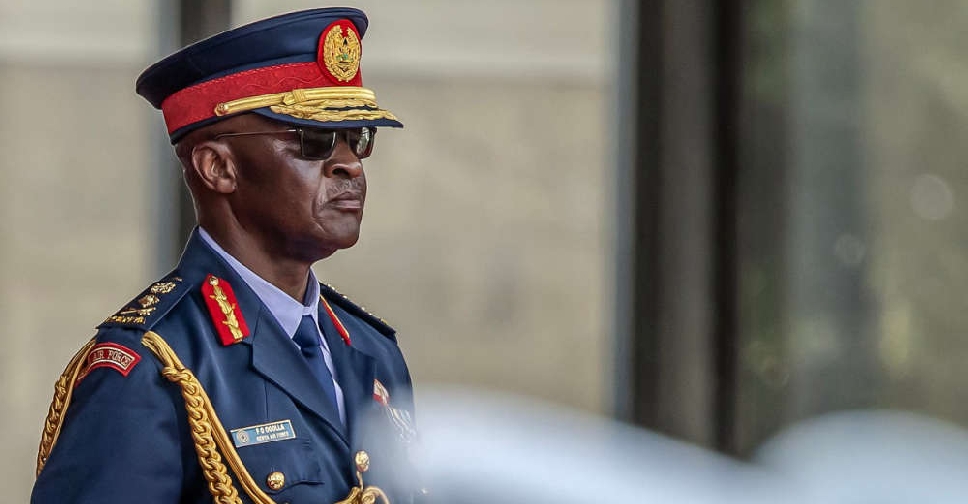 Kenya's military chief among 10 killed in helicopter crash
Kenya's military chief among 10 killed in helicopter crash
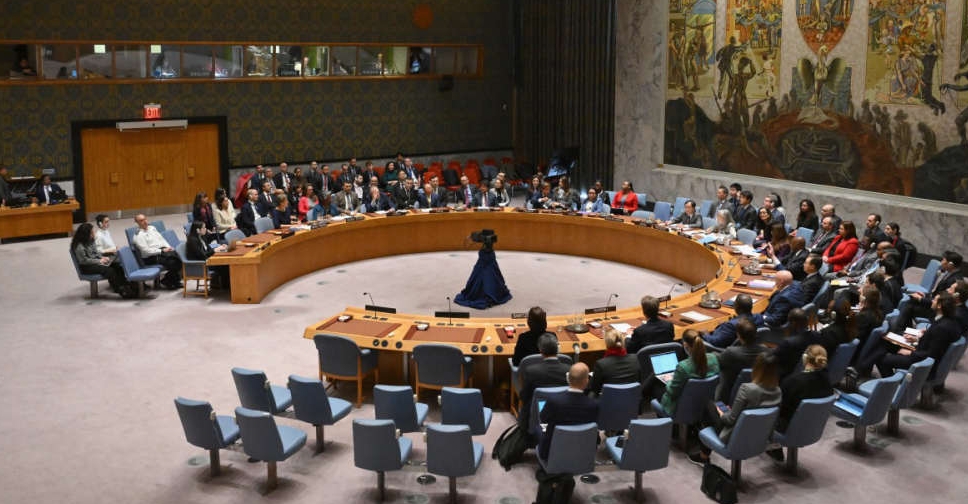 Security Council to vote on Palestinian UN membership
Security Council to vote on Palestinian UN membership
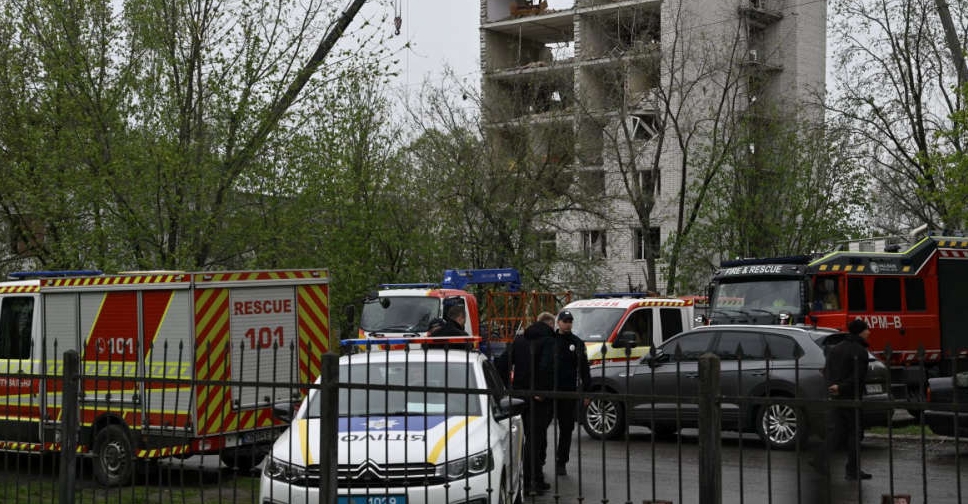 Toll from Russia's deadliest airstrike on Ukraine in weeks rises to 18
Toll from Russia's deadliest airstrike on Ukraine in weeks rises to 18
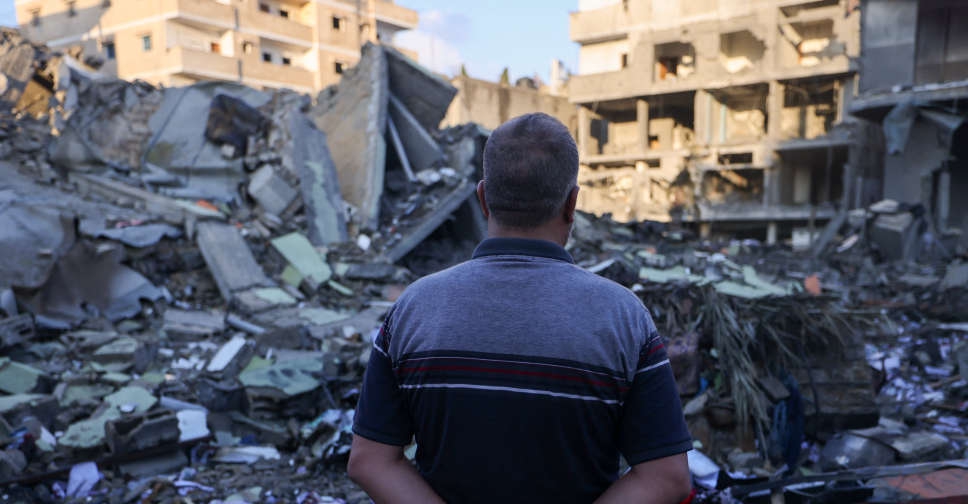 UNRWA chief warns man-made famine tightening grip across Gaza
UNRWA chief warns man-made famine tightening grip across Gaza
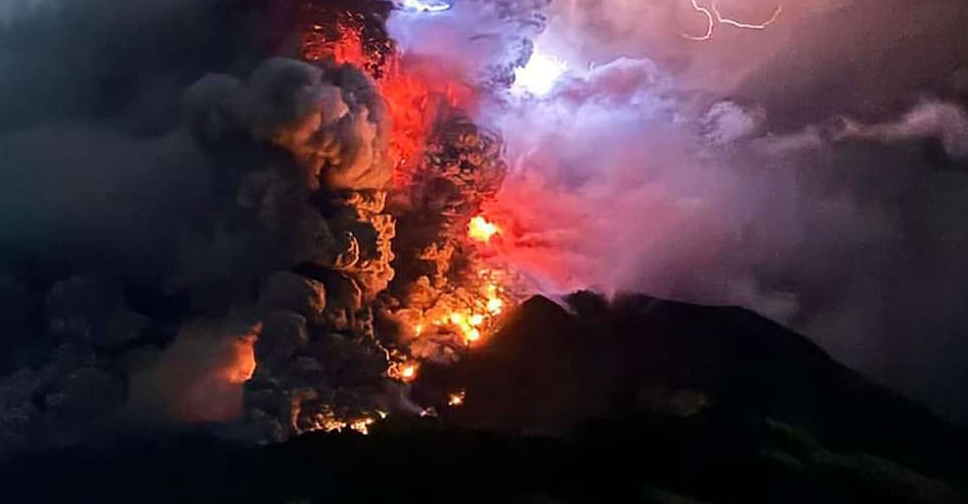 Indonesian volcano eruption forces evacuations, airport closure
Indonesian volcano eruption forces evacuations, airport closure


